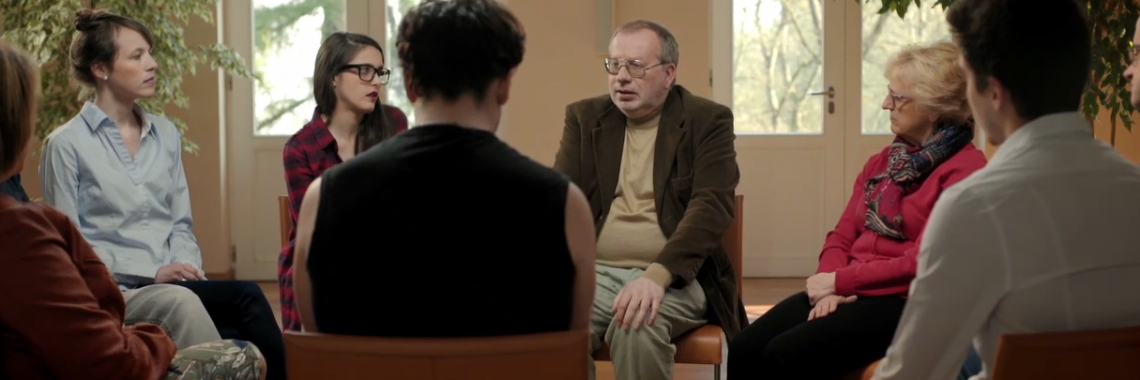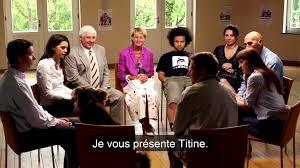
Keep calm and adopt good behaviour
Context
Putting household waste in public trashcans, leaving dog droppings on the sidewalk or renting a student room without complying with safety standards will now be punished with fines of up to €250. Communal Administrative Sanctions, which are already partially in use in Namur, have just been extended to a series of other issues including parking, safety, nighttime disturbances, etc. Although no one is supposed to disobey the law, it’s worthwhile to offer an overview of what is and is not authorized.
Objectives
We often hear that the courts are overloaded, which gives offenders a sense of impunity. It is often assumed that small infractions, or gestures like littering or throwing cigarette butts on the ground, will go unpunished.
However, even though most of these infractions are not severe, they make our roads and sidewalks less clean, our human relationships less courteous and our mobility more difficult. Each individual gesture has consequences for the whole community.
Since 2010, Belgian communes have the power to sanction all of these uncivilized actions themselves without having to go through the court systems by fining offenders (up to 250 €), or an alternative measure, such as community service or mediation. In the case of an environmental infraction (abandoning garbage or putting it the wrong place, burning garbage outdoors, etc.), the fine may be even higher.
Implementation :
Sworn communal officers or police officers issue tickets for infractions. The ticket is sent to a communal agent in charge of sanctions, who determines the fine according to the current fee scale or invites the offender to mediation to find a way to make amends. The infractions are not added to the offender’s criminal record. However, for second offenses, the consequences are sure to be more severe. In the case of infractions that do not entirely fall under the jurisdiction of administrative sanctions – they are known as “mixed infractions” – the Crown Prosecutor steps in and the matter may go to court.
The Police By-Law Concerning Administrative Sanctions has 232 articles and nearly as many provisions. To help you understand them, they have been organized into seven categories. Under each category, there are things residents must and must not do, and things they can do only with authorization issued by the administration.
- Behaviour: No nuisances in the daytime or nighttime, showing respect for others, no violence to others, respect for public property (statues, benches, etc.)
- Buildings: Removing snow from sidewalks, keeping hedges trimmed, putting out household waste on the correct day, etc.
- Vehicles: Obeying traffic regulations, parking only in parking zones, keeping appropriate distance from fire hydrants, etc.
- Pets and animals: Pet tags, leashes, muzzles, well-being of pets and animals, etc.
- Environment: Keeping public property clean, respect for public trees and plants, complying with parks’ opening hours, etc.
- Safety: Safety gear on construction sites, keeping sidewalks and roads clear of obstructions, etc.
- Activities: Applying for authorization to occupy public space or put up posters on public property.
- Results
In 2016: 13,412 tickets, 11,746 sanctions, €989,770 in fines (average cost of a fine: €128)
View awareness videos (in French).



